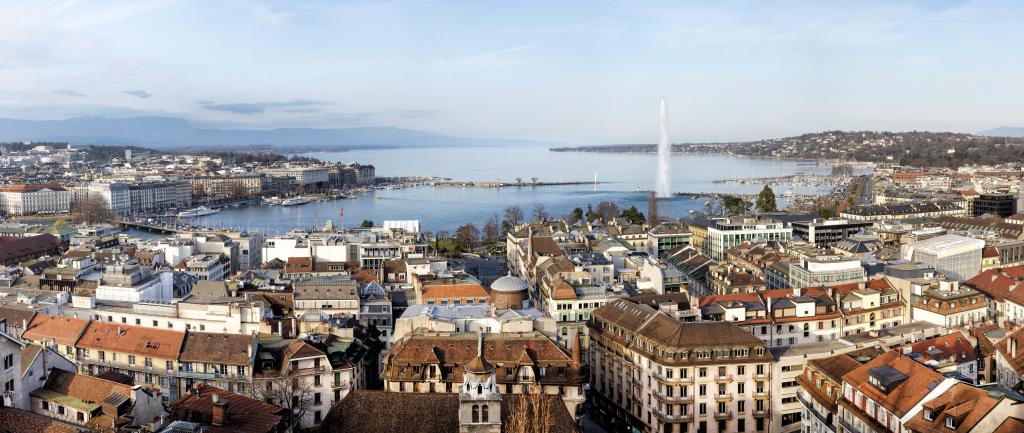A Summer in Geneva: New Friends, Big Ideas, and Global Lessons
Our Summer Programme is designed to give students from around the world a taste of graduate studies in the field of international affairs.
Courses are taught by our world-renowned faculty in the heart of International Geneva. This dynamic setting provides students with unparalleled access to international organisations and enriching opportunities to discuss with field experts.



